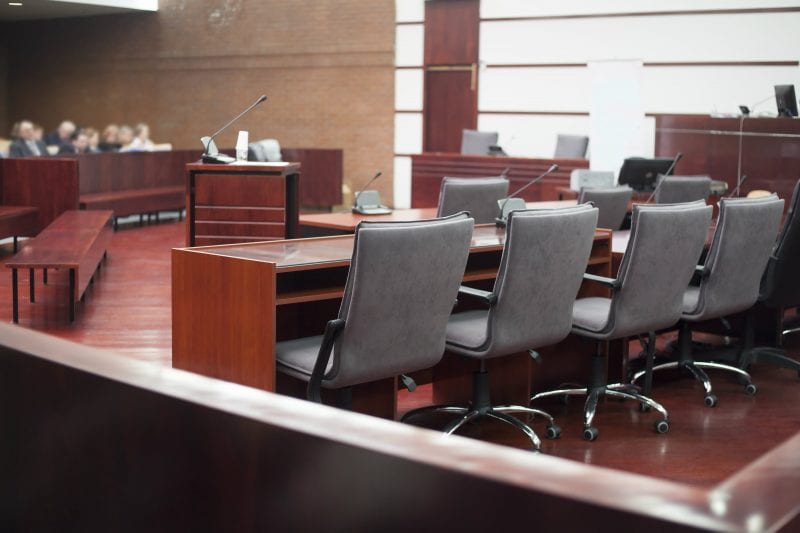 This is the next post in a series of articles addressing child custody cases involving parental drug use in Dayton, Ohio. The previous post discussed the importance of the discovery process in child custody matters. Discovery is a valuable tool to help gather the objective evidence required to make an effective argument at trial. As we discussed earlier in this series, when a parent is suspected of abusing drugs, the court may hold an expedited hearing. Depending upon the outcome of drug tests and other evidence presented at that hearing, a temporary custody change may be issued at that time pending a formal trial. The purpose of the trial will be for the parties to formally present their cases to the judge, along with objective evidence in support of their respective positions. This step in the process is the focus of this post. If you need assistance with a family law matter, contact our office to speak to a lawyer.
This is the next post in a series of articles addressing child custody cases involving parental drug use in Dayton, Ohio. The previous post discussed the importance of the discovery process in child custody matters. Discovery is a valuable tool to help gather the objective evidence required to make an effective argument at trial. As we discussed earlier in this series, when a parent is suspected of abusing drugs, the court may hold an expedited hearing. Depending upon the outcome of drug tests and other evidence presented at that hearing, a temporary custody change may be issued at that time pending a formal trial. The purpose of the trial will be for the parties to formally present their cases to the judge, along with objective evidence in support of their respective positions. This step in the process is the focus of this post. If you need assistance with a family law matter, contact our office to speak to a lawyer.
Child custody trials are bench trials, meaning the case is heard and decided by a judge rather than a jury. Like other types of trials, the process will begin with each parent’s attorney making an opening statement. The opening statement is generally intended to highlight each attorney’s key points to be addressed at trial. The party requesting the change of custody will then present their case to the judge. Afterwards, the opposing party will present their evidence. The requesting party is provided a chance to offer “rebuttal” evidence. Rebuttal is the opportunity to refute the issues that were directly raised by the defense and it is not a time to raise new arguments. After all evidence has been presented, each side will make their closing arguments. The judge will then issue a ruling. This ruling will either be made immediately after trial or the judge may need more time to review the evidence and consider witness testimony and will issue a written decision at a later date.
It is important to understand that the rules of evidence and other court procedures are strictly enforced at trial. If one does not properly adhere to these procedures, it can result in evidence not being admitted, witnesses not being allowed to testify, or other potential problems. When information is not correctly presented to the court, the judge is not able to consider it in the decision-making process. For example, if a father has heard from multiple neighbors that his child’s mom is smoking marijuana in the child’s presence, he cannot simply present a summary of second-hand accounts to the judge at trial. His attorney must depose the witnesses during the discovery phase of the case or appropriately identify and call the witnesses to testify at the trial. Failure to do so may preclude the use of this valuable information and impact the outcome of the father’s case. An attorney with trial experience can help navigate this process.
Our attorneys have family law and trial experience. Contact our office today to speak with a Dayton child custody lawyer. We also serve the areas of Beavercreek, Centerville, Clayton, Eaton, Englewood, Fairborn, Franklin, Harrison Township, Huber Heights, Kettering, Oakwood, Lebanon, Miami Township, Miamisburg, Piqua, Riverside, Springboro, Springfield, Tipp City, Trotwood, Troy, Vandalia, Waynesville, Washington Township, West Carrollton, Yellow Springs, and Xenia.

Leave a Reply